The world of cybersecurity is in alarm. Unconfirmed reports tell of a project aimed at removing free citizens’ right to privacy on public events’ online registration.

It’s a tough thing. If I register to an event, does the organizer have the right to gather about my musical tastes, my activities, my acquaintances? Of course he doesn’t. You could say that neither my Facebook nor my Instagram or Twitter profiles should raise the slightest interest in him. But, on the contrary, if my acquaintances include persons or attitudes that could somehow be related to illegal or dangerous activities for the people who, unaware of my lifestyle, participate in that event, then my life turns relevant for public security. And while I reject even the idea that a virtual big brother alerts all insurance sites I’m trying out a policy for my new car simply because in a Gmail message I wrote to a friend I am going to change the car, I find rather reassuring that something gets to be done so to prevent me from a terrorist attack while I witness the launch of a new mobile phone by a multinational company.
All this has impacting implications on the events industry, if the demand and need for information going well beyond the simple operations management turn clear and present. Actually the question is: would the organizer of an event become automatically liable, under a criminal and not just moral point of view, if something happens? In this case our industry would simply end; no one would take such a big risk. And what if someone creates tailored fake profiles? Well, at that point one could source from an illicit market (which is however already there) fake ID to circumvent his DASPO exactly the same way friends and followers are currently available for purchase.
But it is undeniable that the issue will soon have to be addressed, as well as regulated. Also the spread on Periscope or Facebook of unauthorized images and pictures should be regulated. The case of Jenny Galloni is just the latest in which a person’s privacy turned violated in the utmost of tragedy. In Formula One, when an accident occurs, the safety car with the green cloth to prevent from filming comes by now even before the medical car. In the virtual world, instead, there’s not such an attention. In cyberspace everything is still possible – sort of virtual far west with dramatic implications on the real life. Anyone can do everything with everyone, except when looking for safety rules.

But the excuse of the “controlled entrance” could be an opportunity to gather everything about everyone. If that night you are not at home, to those who happen to know it robbing comes easier. Who controls the controller? I think of the registration sites – will a social profile turn mandatory to proceed? I don’t think so, due to the above mentioned reasons. Emails, profiles, searches and keywords will probably get to be matched. But at this point where will our freedom be, and how much will we still wish we received an invitation? Will safety become a boomerang?
These questions, albeit idle, currently afflict more than an event planner. And on the other hand, if you found a stranger at home, entered without submitting after passing through your gate and squirreling into a birthday party, how would you behave? I believe that event organizers are aware that a number of uninvited people at cocktails and press conferences is physiological. But I also think that today more than ever this issue should be dealt with not as a café question but as a real problem that will soon be closely touching anyone doing this job.

